
Tanzania
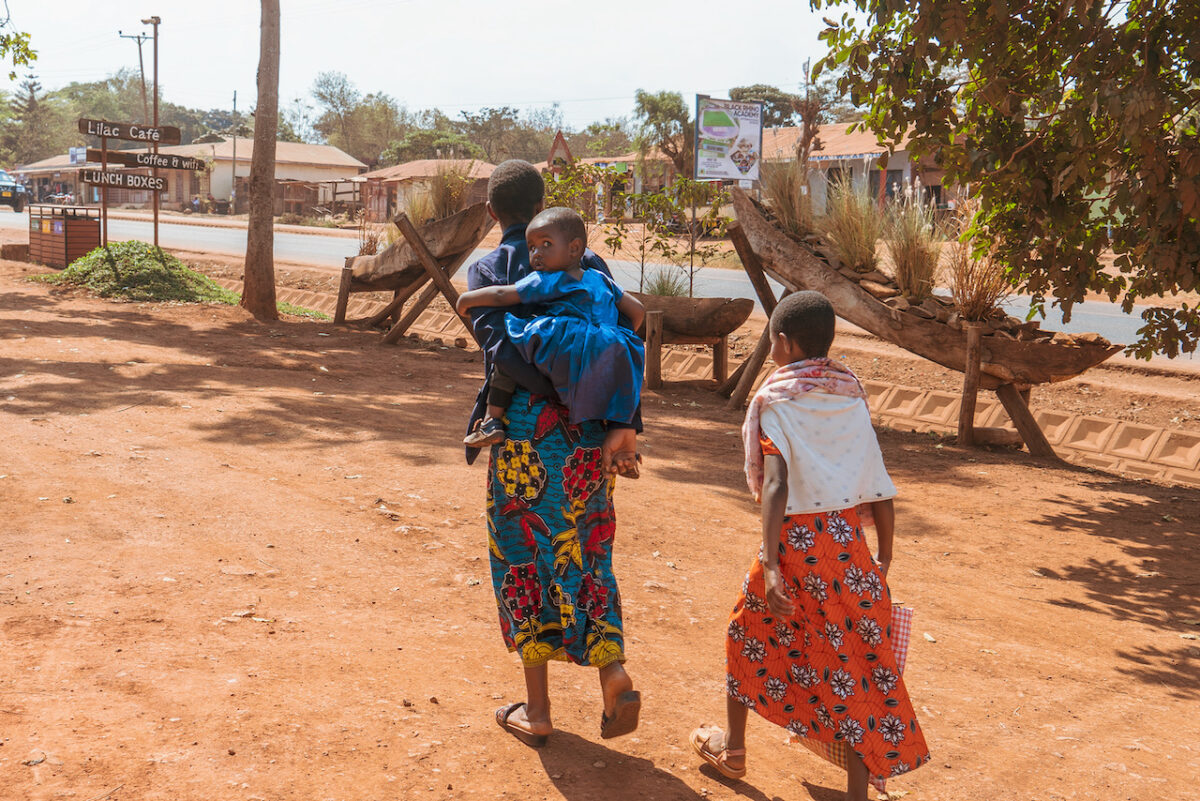
Tanzania is in the center of East Africa. The capital is Dodoma, but the former capital, Dar es Salaam, serves as the real capital. Tanzania is home to more than a hundred ethnic groups, the most famous being the Maasai. The Maasai still maintain their culture and continue to exist, especially in the northern part of the country.
Tanzania’s rich nature and wildlife in the north, including Kilimanjaro National Park, Serengeti National Park, and Ngorongoro Conservation Area, attract many tourists from overseas. Many European immigrants including Germans still live in the north due to the history of colonial rule. The southern part of the country is rich in agricultural products and mineral resources, and trade with neighboring countries such as Zambia, Malawi and Mozambique is flourishing.
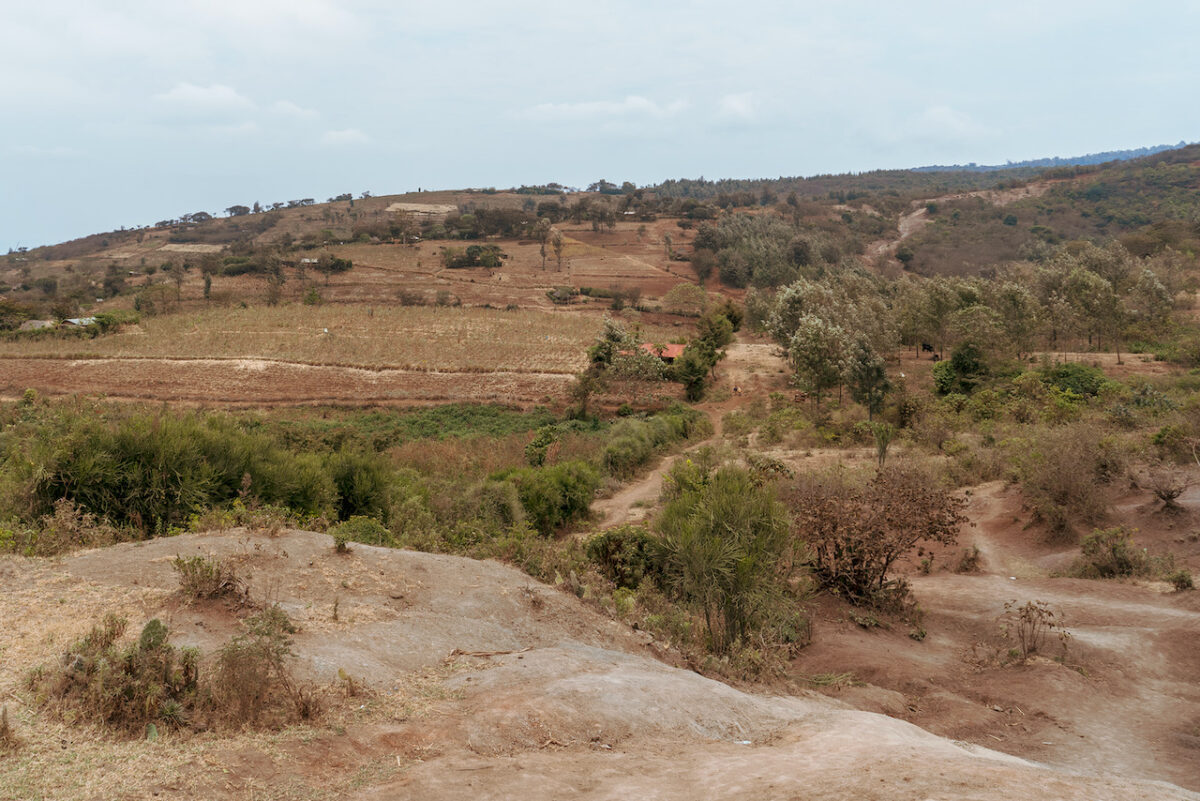
Tanzania prospered from the ivory, gold, spice, and slave trades from the 7th to the 15th century. This was followed by Portuguese occupation in the 15th century, German colonial rule in the 19th century, and British colonial rule in the 20th century. Tanzania became independent from the United Kingdom in 1961 and remains so today.
Coffee, tea, spices, and other agricultural products account for 80% of the country’s exports. The country is also rich in mineral resources such as gold and nickel, and is famous for tanzanite, a blue-violet gemstone. Tourism accounts for 25% of the country’s foreign revenue, and the number of tourists visiting the natural parks in the north and the resort island of Zanzibar near Dar es Salaam continues to increase.

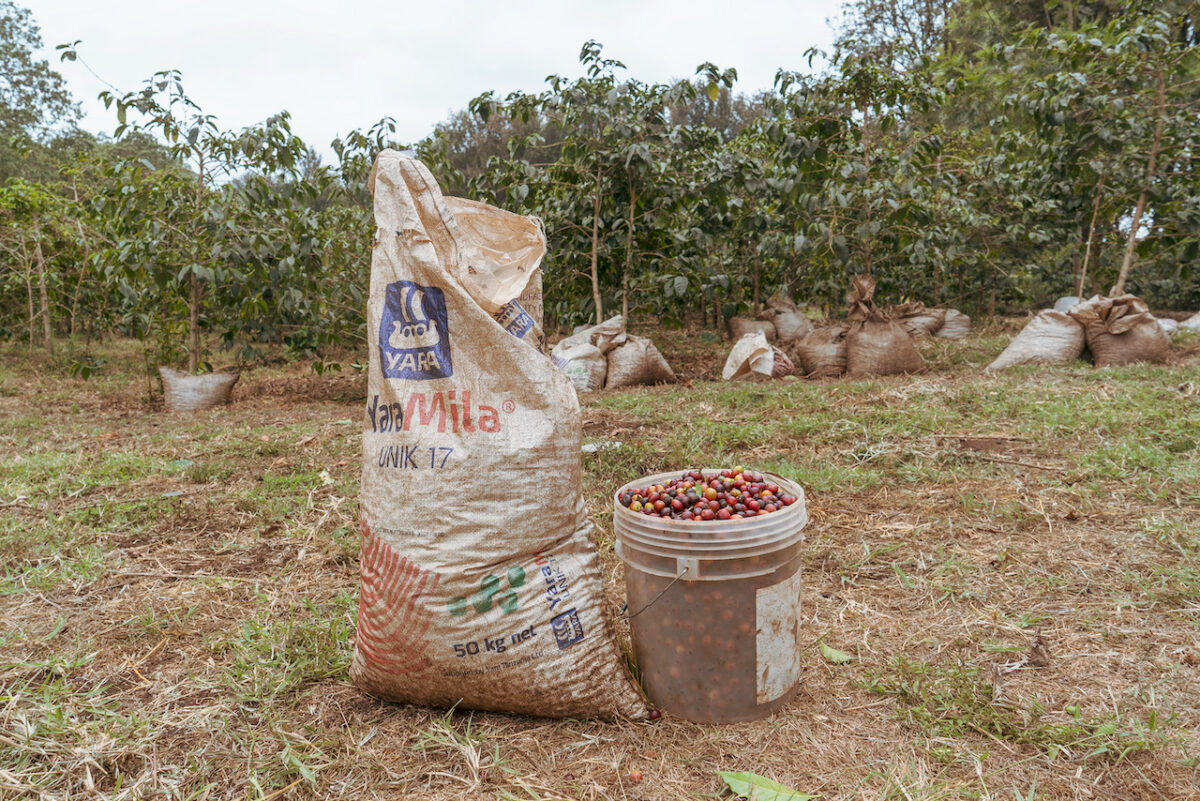
Coffee Production in Tanzania
In the 16th century, coffee was introduced from Ethiopia to Tanzania, and there are records of the Haya people of the northwest drinking it as a stimulant and using it as currency. In the 19th century, Catholic missionaries brought coffee from Reunion Island and Germany, the occupying country at the time, took the initiative to develop coffee production in the north.
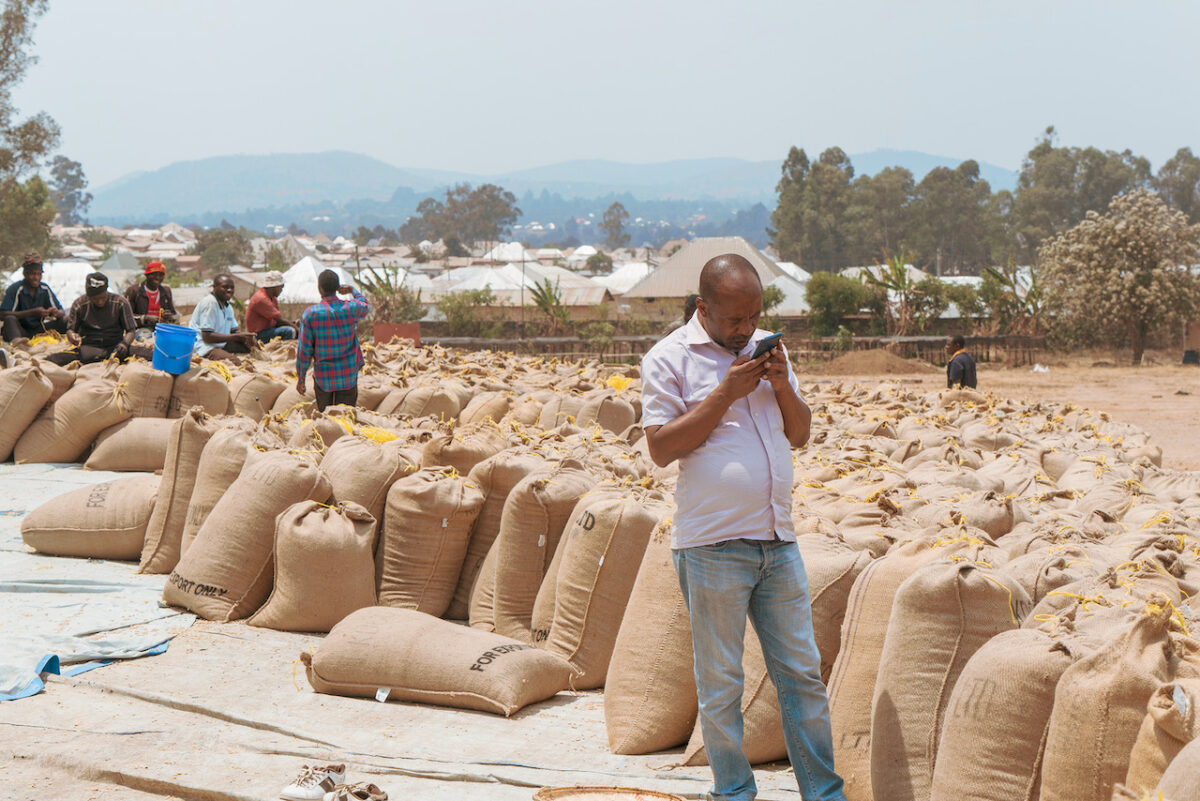
After independence in 1961, the government established large coffee plantations in southern Tanzania and tried to implement a cooperative system, but this was not accepted by the producers and most of the cooperatives ended up dissolving. In the early 1990s, the coffee industry was privatized and the system improved dramatically with the Tanzania Coffee Board (TCB) conducting auctions and gradings (for example, AA, AB grades). Producers could now sell their coffee at auctions held by the Moshi Coffee Exchange, or set their own prices and sell directly to buyers and exporters.
The main export markets for Tanzanian coffee are Japan and the US. In particular, Japan has been successful in establishing the Kilimanjaro brand, and demand is stable and high.

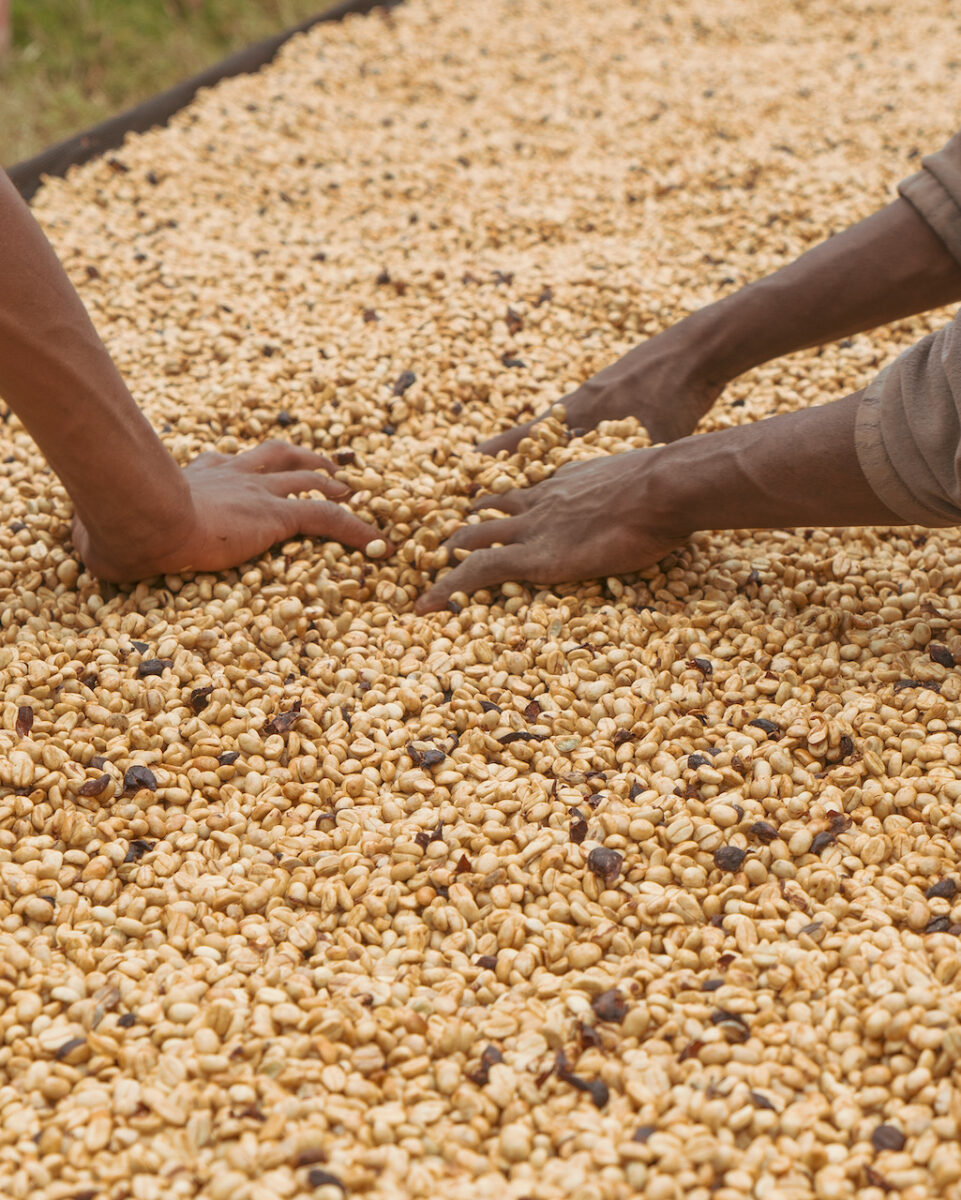
About AMCOS
In 2018, changes were suddenly made to the rules of distribution. This prohibited producers from selling coffee directly to buyers and exporters, and only AMCOS (the Agricultural Marketing Cooperative Society) would be allowed to sell coffee. AMCOS has been established in each area of Tanzania and coffee is sold in AMCOS units. This change has confused many in the coffee industry. One of the disadvantages is that buyers who have invested in a particular producer will no longer be able to buy coffee directly from that producer. Producers will also find it difficult to receive investment. In addition, buyers will no longer be able to be involved in processing coffee, making it difficult to control quality and create products that meet specific demand. However, there are some advantages. Producers will be able to secure a fair profit from AMCOS. In addition, high quality coffee which used to be sold directly, will be sold through AMCOS which may raise the overall awareness of quality among producers. As a side note, this rule does not apply to large estates that have obtained permits, but since 90% of Tanzania’s coffee producers are small-scale producers, the impact of this change on the Tanzanian coffee industry is very significant.
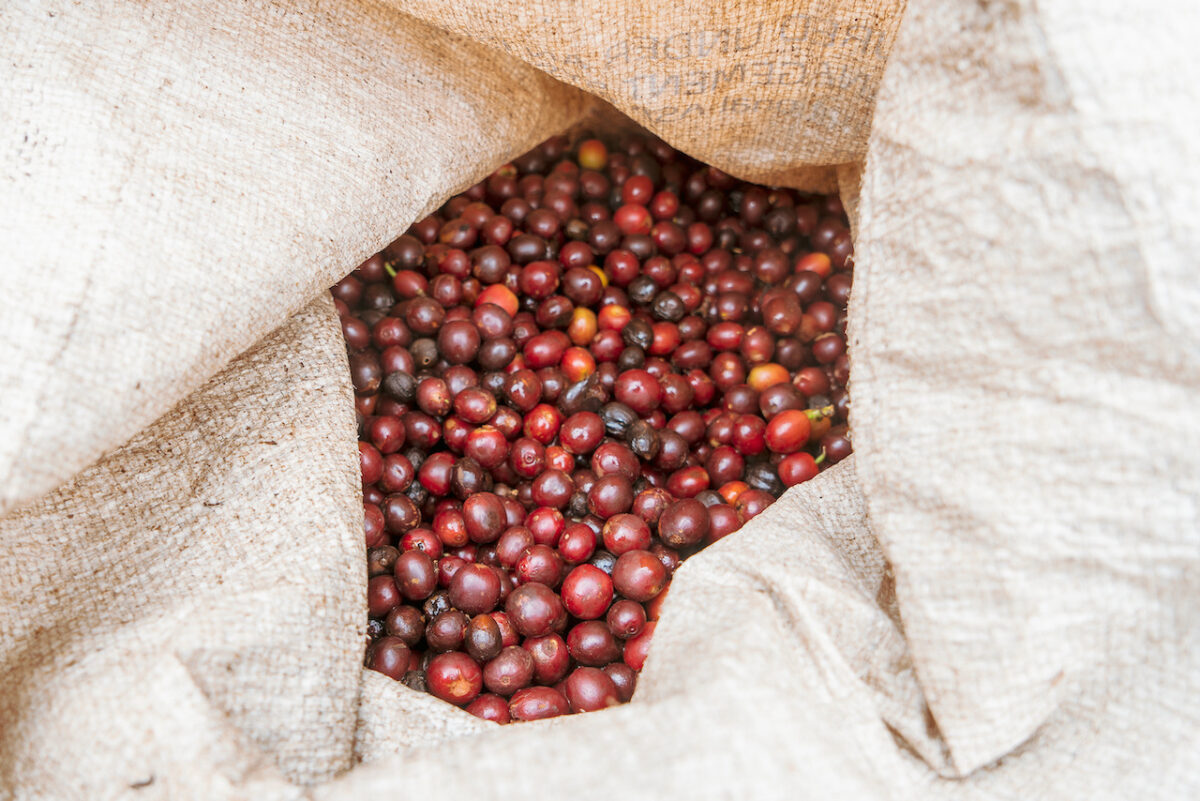
The Tanzanian coffee industry is still in its infancy, but it has great potential and is certainly one of the most promising producing countries for buyers around the world.
Originally Written in Japanese by Ayane Yamada
